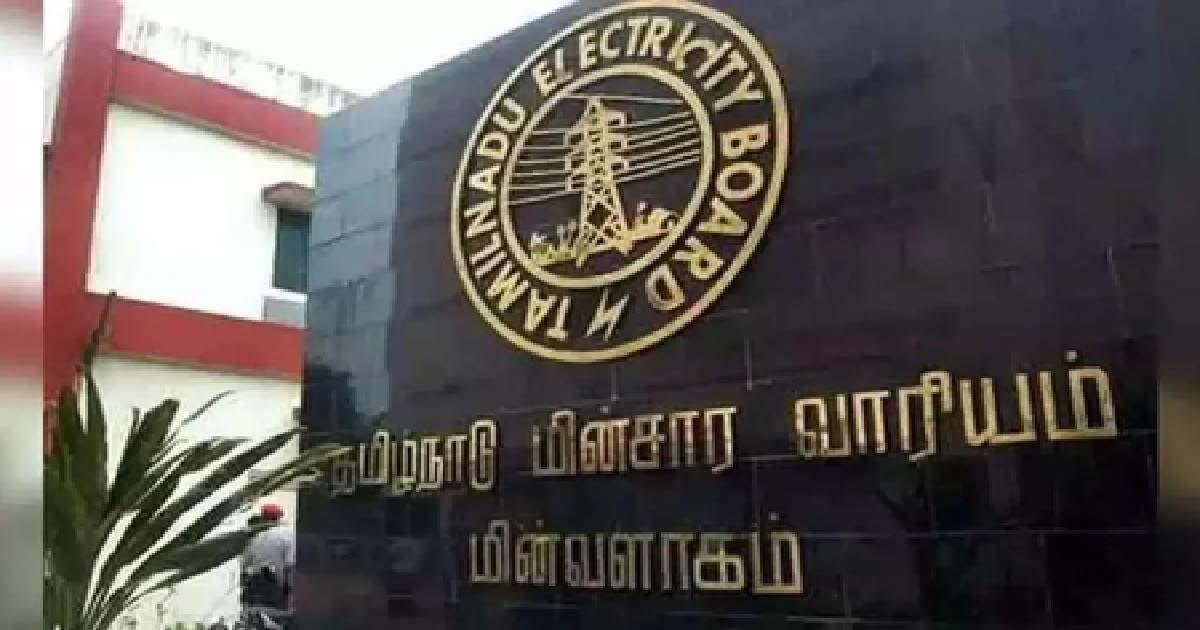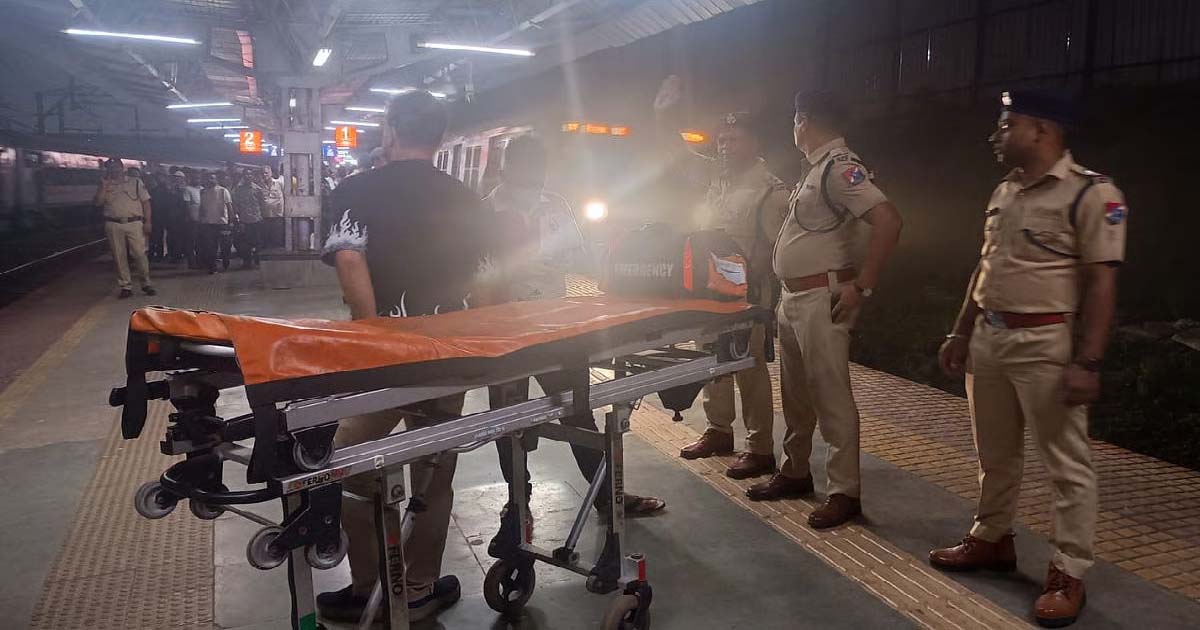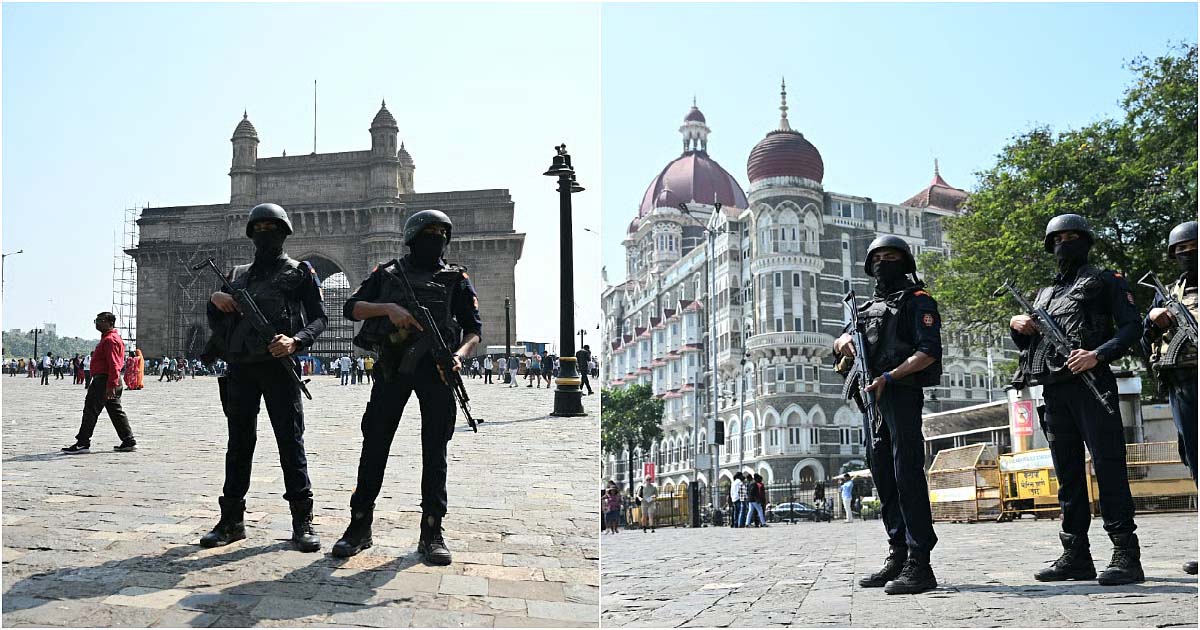National News
PM Modi launches Mahila Rojgar Yojana, transfers Rs 7,500 crore to 75 lakh women in Bihar

Patna, Sep 26: Prime Minister Narendra Modi on Friday virtually launched the Mukhyamantri Mahila Rojgar Yojana, transferring Rs 10,000 each to the bank accounts of 75 lakh women across Bihar in the first phase of the scheme.
A total of Rs 7,500 crore was disbursed directly to beneficiaries.
The launch event was held in Patna, where PM Modi joined virtually from Delhi while Chief Minister Nitish Kumar and Deputy Chief Ministers Samrat Choudhary and Vijay Kumar Sinha attended from the state capital.
The scheme — originally announced by Chief Minister Nitish Kumar — aims to make women Aatmanirbhar (self-reliant) by promoting self-employment and livelihood opportunities. Of the 3.06 crore applications received, 75 lakh women were selected as first-phase beneficiaries, Deputy CM Samrat Choudhary said.
Thanking PM Modi for his participation, CM Nitish Kumar said earlier, “Today, the Prime Minister will transfer Rs 10,000 to 75 lakh beneficiaries in Bihar. Those who succeed in their business will later receive up to Rs 2 lakh in assistance.”
Highlighting the state government’s women-centric policies, the CM added that 50 per cent reservation for women in Panchayati Raj institutions and the growth of over one crore Jeevika Didis in around 11 lakh self-help groups have transformed rural livelihoods.
He credited the NDA government for Bihar’s development since 2005, contrasting it with the pre-2005 era.
Targeting RJD chief Lalu Prasad Yadav, Nitish Kumar remarked that after his (Lalu Prasad Yadav) removal as CM after seven years, “he brought his wife to the Chief Minister’s chair.”
Interacting with several beneficiaries, PM Modi praised the initiative as a big step by the Nitish Kumar government, noting that such a massive transfer was possible only because of reforms like the Jan Dhan Yojana, which enabled over 30 crore bank accounts in the past decade.
“Earlier, a former Prime Minister had said that when the Centre sent Rs 100, nearly 85 per cent was siphoned off before it reached the people. Today, every rupee goes directly into beneficiaries’ accounts,” PM Modi said.
The massive rollout comes amid heightened political activity in Bihar ahead of the 2025 Assembly elections, with the NDA seeking to showcase its development record and welfare outreach — especially to women voters, who played a decisive role in previous state polls.
Business
TN to spend Rs 25,100 crore on power purchase to meet rising demand

Chennai, Nov 12: With the state’s daily electricity demand averaging 16,000 megawatts (MW), Tamil Nadu is gearing up for a massive power procurement exercise worth over Rs 25,100 crore over the next five years to ensure uninterrupted supply during both regular and peak hours.
According to the Tamil Nadu Generation and Distribution Corporation (TANGEDCO), the state currently generates an average of 3,000 MW from thermal plants, 1,000 MW from hydropower stations, and around 150 MW from gas-based plants.
The remaining demand is met through central generating stations and private power companies. To address the increasing consumption, particularly during high-demand periods, the state has floated tenders to procure 500 MW of electricity every day during peak hours for the next three years. In addition, a five-year tender has been issued to purchase 1,000 MW of power round the clock from private producers.
The peak hours, between 6 a.m. and 10 a.m. and again from 6 p.m. to 10 p.m., are the most expensive period for electricity procurement. Even if the maximum tariff is capped at Rs 8 per unit, the daily expenditure for 500 MW would amount to nearly Rs 3.2 crore, translating to about Rs 3,500 crore over three years.
Meanwhile, the 24-hour supply agreement for 1,000 MW over five years is projected to cost approximately Rs 21,600 crore. Together, the total outlay for both arrangements will reach Rs 25,100 crore.
Officials noted that the decision was made to prevent outages during the upcoming northeast monsoon season and to maintain grid stability as the state’s demand continues to rise steadily.
The government is also exploring renewable energy integration, with a focus on solar and wind sources, to gradually reduce dependence on costly thermal and imported power.
The new procurement strategy is expected to provide crucial support to Tamil Nadu’s industries and domestic consumers alike, ensuring a stable and reliable power supply despite fluctuating generation levels from hydel and renewable sources.
Crime
Mumbai Railway Tragedy: No FIR Registered Yet In Sandhurst Road Accident After 5 Days; GRP Cites Legal Review And Ongoing Probe

Mumbai: Five days after the Sandhurst Road railway accident, the Government Railway Police (GRP) has yet to register an FIR in the case. Officials said that statements of witnesses and injured passengers are being recorded. However, sources revealed that no statements from railway employees have been taken so far.
As earlier reported by The Free Press Journal, the GRP has adopted a “wait and watch” approach in the investigation, saying further action will be taken after reviewing all evidence and testimonies
The accident occurred on November 6 at Sandhurst Road railway station, in which two commuters died and three others sustained injuries. The incident led to an agitation by railway employees protesting against the GRP’s decision to lodge an FIR against two Central Railway engineers in connection with the June 9 Mumbra mishap that claimed five lives.
Union members from the Central Railway Mazdoor Sangh staged a demonstration at CSMT, allegedly blocking the motormen’s lobby, which resulted in train services being stalled.
Police sources said that walking on railway tracks is an offence under the Indian Railways Act; hence, the GRP is proceeding with caution in its investigation and is also seeking legal opinion on whether charges of negligence or culpable homicide not amounting to murder may apply.
A relative of one of the injured commuters said, “The police recorded my and my brother’s statements.” He further added that due to the strike, local trains were halted for a long time, compelling passengers to get off the train. “No one was willing to walk on the tracks, but the situation forced commuters to do so,” he said.
Meanwhile, injured passenger Hafiza Chougle is now out of danger and has started responding to treatment. Her ventilator has also been removed, confirmed her son Saif.
In the accident, Haley Momaiya (19), a resident of Matunga, and Surykant Naik (68), a resident of Nagpur, lost their lives. The injured include Hafiza Chougle (60), her son Kaif (22), both residents of Mumbra, and Haley’s aunt, Khushbu Momaiya.
National News
Mumbai Police On High Alert After Delhi Blast; Security Tightened Citywide With AI Surveillance, BDDS Patrolling

Mumbai: Following the recent bomb blast in Delhi, the Mumbai Police have gone on high alert, intensifying security measures across the city. Law enforcement and intelligence agencies have been directed to remain vigilant, and surveillance has been stepped up at key locations.
According to senior police sources, additional security personnel have been deployed at crowded areas such as railway stations, malls, markets, religious sites, and public parking lots. Every vehicle and individual entering or exiting these areas is being closely monitored.
Police teams have begun a citywide inspection of all public parking lots to check for suspicious vehicles or objects. A list of abandoned vehicles has also been compiled, and verification work is underway.
Sources said the Mumbai Police are also leveraging advanced technology to strengthen security. Artificial Intelligence (AI)-enabled cameras installed across the city are being used to enhance surveillance and quickly identify suspicious activity or individuals.
Security has been particularly tightened at sensitive locations such as Gateway of India, Marine Drive, Bandra-Worli Sea Link, and major railway stations. Additionally, Bomb Detection and Disposal Squads (BDDS) have been put on high alert, with 24-hour patrolling and checking intensified across the city.
-

 Crime3 years ago
Crime3 years agoClass 10 student jumps to death in Jaipur
-

 Maharashtra1 year ago
Maharashtra1 year agoMumbai Local Train Update: Central Railway’s New Timetable Comes Into Effect; Check Full List Of Revised Timings & Stations
-

 Maharashtra1 year ago
Maharashtra1 year agoMumbai To Go Toll-Free Tonight! Maharashtra Govt Announces Complete Toll Waiver For Light Motor Vehicles At All 5 Entry Points Of City
-

 Maharashtra1 year ago
Maharashtra1 year agoFalse photo of Imtiaz Jaleel’s rally, exposing the fooling conspiracy
-

 National News1 year ago
National News1 year agoMinistry of Railways rolls out Special Drive 4.0 with focus on digitisation, cleanliness, inclusiveness and grievance redressal
-

 Maharashtra12 months ago
Maharashtra12 months agoMaharashtra Elections 2024: Mumbai Metro & BEST Services Extended Till Midnight On Voting Day
-

 National News1 year ago
National News1 year agoJ&K: 4 Jawans Killed, 28 Injured After Bus Carrying BSF Personnel For Poll Duty Falls Into Gorge In Budgam; Terrifying Visuals Surface
-

 Crime1 year ago
Crime1 year agoBaba Siddique Murder: Mumbai Police Unable To Get Lawrence Bishnoi Custody Due To Home Ministry Order, Says Report












